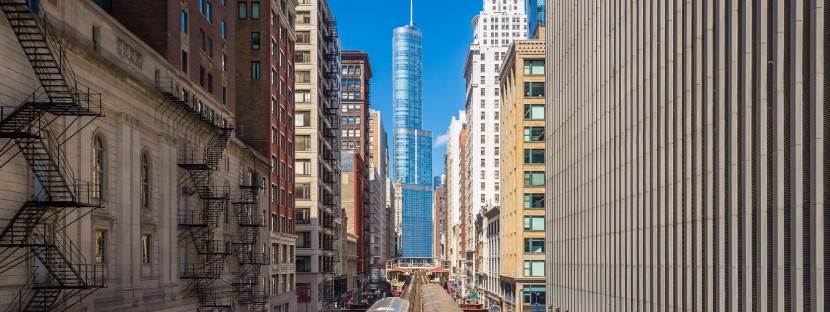
In the State of Illinois, including in Chicago, tenants have the right to sublet their rental property, so long as they get permission from their landlord. Short-term rentals, however, can be construed in Chicago to be vacation rentals and are illegal unless the rentor obtains a license. Jumping through hoops pays big for Airbnb hosts in a city popular for trade shows and events; the 2016 World Series alone earned hosts $2.6 million.
In many Chicago neighborhoods, affordable housing is in short supply, and renting out units through services such as Airbnb has been very popular; Airbnb currently has about 6,500 properties listed in Chicago. In an attempt to regulate short-term rentals, which opponents say harms both rental availability and the hotel industry, the city passed recent legislation that requires home sharing firms like Airbnb to obtain a $10,000 “intermediary license”, while only commercial operators using the service would have to purchase a $250 “operator’s license.” Homeowners would just need to obtain a short-term residential rental license before listing.
Not all provisions of the law are yet in effect, including a requirement that Airbnb report its activity every two weeks. Guidelines are in the works to inspect the homes of Airbnb hosts, would also have to pay additional taxes. Airbnb hopes to partner with the city to create a model for host registration.
Taking Chicago Short-term Rentals Off The Market
The ordinance allows neighborhoods to ban home sharing rentals by precinct while putting more regulations on the types of property and the number of units that can be rented. As a result, about 91,000 apartment and condo units (7.6% of all housing units in the city) filed paperwork with the city to opt out of short-term rentals. The 940 buildings involved are located downtown or in surrounding neighborhoods where the demand for short-term housing is high. Proponents of the legislation maintain that since Chicago has over 1,200,000 housing units, the excluded buildings represent a small percentage of the available total.
Units in the banned buildings cannot be listed on services such as Airbnb under penalty of fines and penalties. The city will work with building owners to identify violators, while also encouraging other residents to report neighbors who share their home by calling 311.
Chicago landlords who worry about short-term rentals and illegal subletting can obtain help from a monitoring service that detects unauthorized listings and issues alerts so that building owners and managers can take action.
